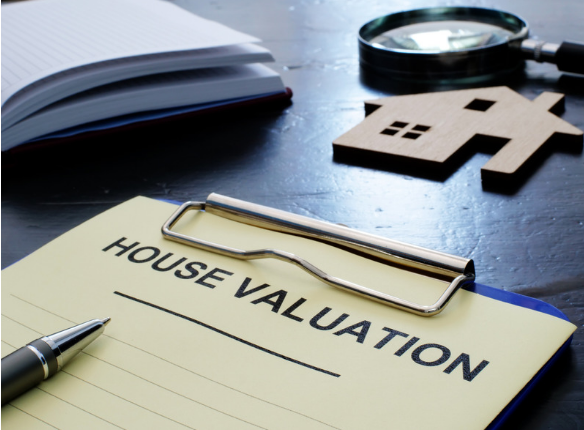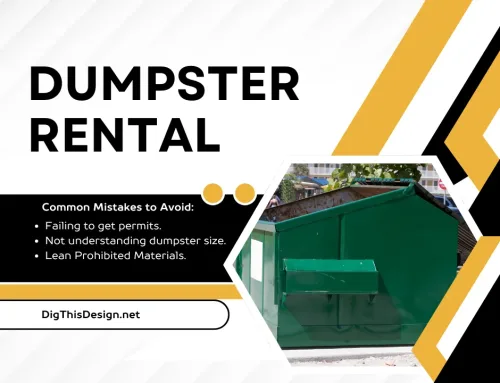The process of home valuation is essential for various reasons, such as selling, refinancing, or insuring your property. However, there are many misconceptions associated with this process. In this article, we will debunk the top ten misconceptions about home valuations that you need to be aware of.
What Are the Misconceptions About Home Valuations?

Valuation Is the Same as a Survey
Many people confuse a home valuation with a survey, but they are different. A valuation assesses the property’s market value, while a survey focuses on its condition, identifying any potential problems or necessary repairs.
A Valuation Guarantees a Sale Price
Another misconception is that the value given in a home valuation is the price the property will sell for. In reality, a home valuation is an estimate. The actual sale price depends on various factors, including market conditions and negotiation between the buyer and seller.
Valuations Are Influenced by the Asking Price
Some people believe that a property’s asking price will influence its valuation. However, valuations are based on objective data, such as recent sales of comparable properties, and are independent of the asking price.
A Higher Valuation Means More Profit
It’s easy to think that a higher valuation equates to making more profit when you sell. However, a higher valuation might lead to higher property taxes and doesn’t guarantee a higher selling price.
All Valuers Have the Same Opinion
Just like in any profession, valuers can have differing opinions. This doesn’t necessarily mean one is incorrect; it simply means different professionals may assess a property in varying ways based on their experience and perspective.
Online Valuation Tools Are Always Accurate
With the rise of technology, online valuation tools are increasingly popular. However, these tools can lack local market knowledge and may not consider the unique features and conditions of your property, leading to inaccurate results.
Renovations Will Always Increase the Value
People often think that renovating a property will automatically increase its value. While improvements can enhance a property’s appeal, not all renovations translate into a higher valuation.
The Valuer Is Working for the Seller or Buyer
Estate agents often arrange valuations, which leads to the misconception that the valuer is working for one party’s interests over the other. In fact, valuers are independent professionals working to provide an objective assessment of a property’s value.
The Highest Valuation Is the Best Valuation
It is a common misconception that the highest valuation is the best. In truth, an over-valuation can be harmful, making it difficult to sell the property as it may be priced out of the market. An accurate and realistic valuation is far more valuable.
Valuation Is Unnecessary if Not Selling
Many people assume valuations are only required when selling a property. However, they are also important for various other reasons, such as refinancing, insuring your property, or for tax purposes.
Conclusion
Home valuations are an integral part of property transactions, providing an estimate of what a property is worth in the current market. However, many misconceptions surround this process. Understanding the reality behind these misconceptions can help homeowners, buyers, and sellers approach valuations with clarity and confidence.
Remember that valuers are independent professionals working to provide an objective assessment of a property’s value. It’s essential to choose a reputable valuer and understand that their role is to give an accurate representation of the property’s market value, not to serve the interests of any one party involved.
If you’re looking to book a home valuation, contact Sold to get the process started.
Other posts you might enjoy:
5 Crucial Steps to Consider Before Buying a Home
Top Tips for Preparing to Sell Your Home
Things You Must Know Before Buying a Property Valuation Report in Melbourne





